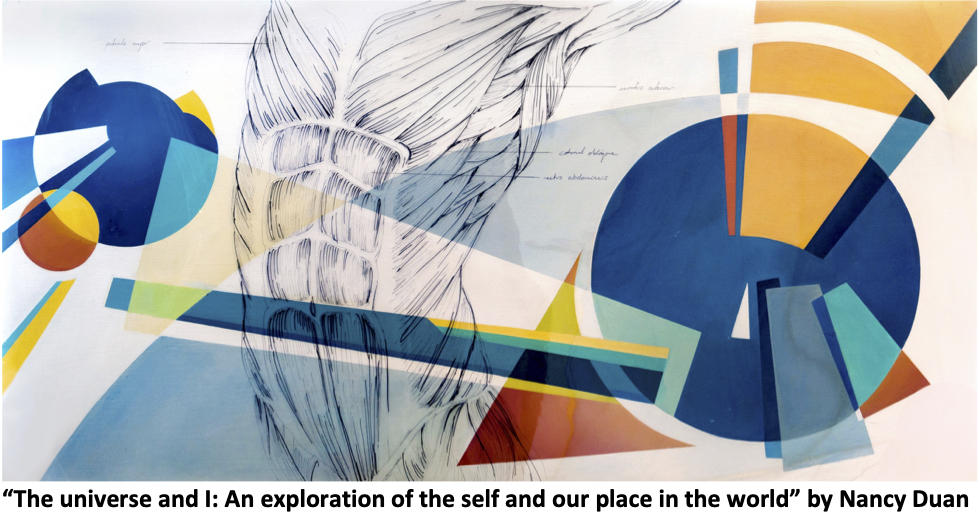Learning by chance: Investigating gaps in transgender care education amongst family medicine, endocrinology, psychiatry and urology residents
DOI :
https://doi.org/10.36834/cmej.53009Résumé
Background: The transgender (trans) population is one of the most underserved in health care. Not only do they face discrimination and stigma from society as a whole, they also have difficulty accessing transition-related care, leading to adverse outcomes such as suicide. We aimed to increase understanding on how our current postgraduate education system contributes to a lack of care for trans patients.
Methods: Our study consisted of 11 semi-structured interviews conducted in 2016 with residents in the following specialties: family medicine (3), endocrinology (3), psychiatry (3), and urology (2). We used Framework Analysis to qualitatively analyze our data.
Results: Residents described a lack of trans care education in the core curriculum, in part due to a lack of exposure to experts in this area. They also expressed discomfort when dealing with trans patients, due to inexperience and lack of knowledge. Furthermore, residents in each specialty had false assumptions that other specialties had sufficient knowledge and expertise in trans care.
Discussion: This study highlights how the lack of teaching and clinical experiences with trans patients during residency contributes to the poor access to healthcare. By systematically embedding trans care in the curriculum, medical education can play a prominent role in addressing the healthcare disparities of this underserved population.
Téléchargements
Publié
Numéro
Rubrique
Licence
La soumission d’un manuscrit original à la revue constitue une indication qu’il s’agit d’un travail original, qu’il n’a jamais été publié et qu’il n’est pas envisagé pour publication dans une autre revue. S’il est accepté, il sera publié en ligne et ne pourra l’être ailleurs sous la même forme, à des fins commerciales, dans quelque langue que ce soit, sans l’accord de l’éditeur.
La publication d’une recherche scientifique a pour but la diffusion de connaissances et, sous un régime sans but lucratif, ne profite financièrement ni à l’éditeur ni à l’auteur.
Les auteurs qui publient dans la Revue canadienne d’éducation médicale acceptent de publier leurs articles sous la licence Creative Commons Paternité - Pas d’utilisation commerciale, Pas de modification 4.0 Canada. Cette licence permet à quiconque de télécharger et de partager l’article à des fins non commerciales, à condition d’en attribuer le crédit aux auteurs. Pour plus de détails sur les droits que les auteurs accordent aux utilisateurs de leur travail, veuillez consulter le résumé de la licence et la licence complète.











